 Cordova Plumbers
Cordova Plumbers
 Cordova Plumbers
Cordova Plumbers
Gas Line Repairs provides a critical plumbing service that covers reviewing, fixing, and managing of gas delivery pipelines to ensure code adherence and safe operation. This service handles gas leaks, pressure irregularities, and pipe damage, using precision equipment and safety procedures to protect occupants and prevent hazardous conditions. Licensed plumbers ensure all repairs comply with laws and regulations for safe and dependable energy supply
We provide top-quality Plumbing services throughout Seward County. Whether you need help with Gas Line Repairs or other issues, our Experts is ready.
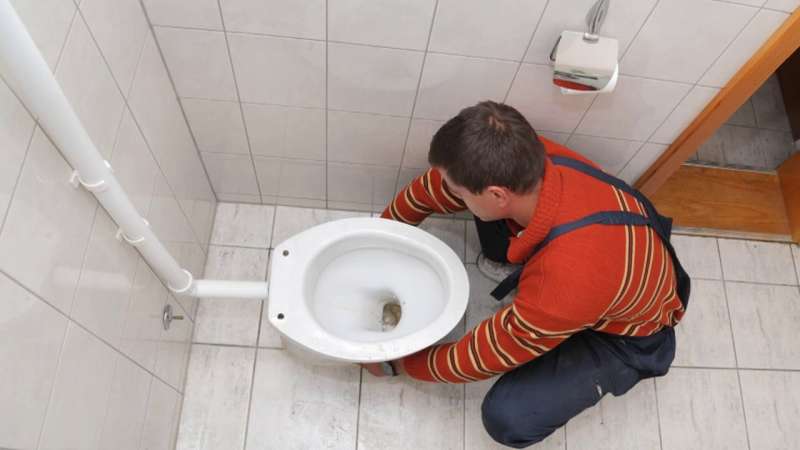
Setting up dishwashing machines, water heaters (tank and tankless), waste disposal unit, and cleaning devices.
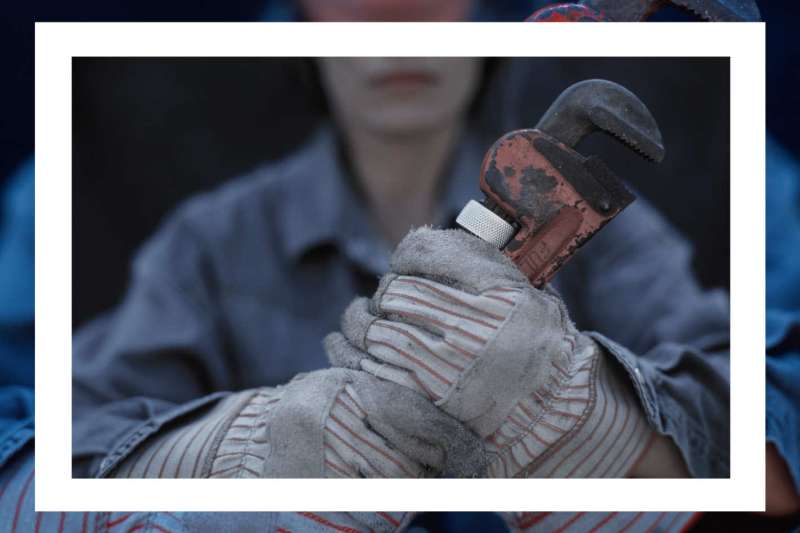
Guaranteeing backflow avoidance gadgets are working properly.
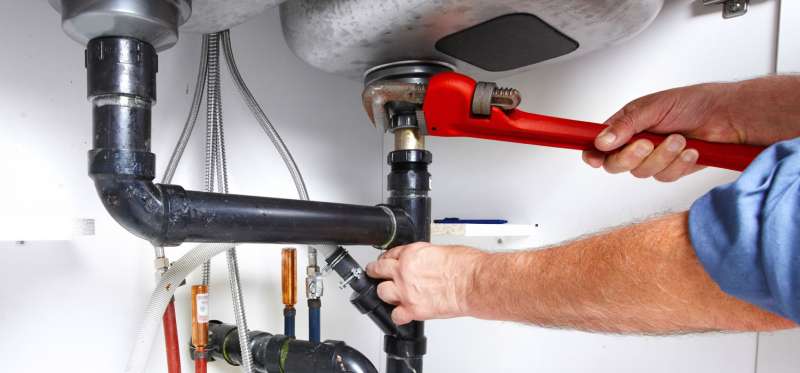
Moving or updating plumbing systems.
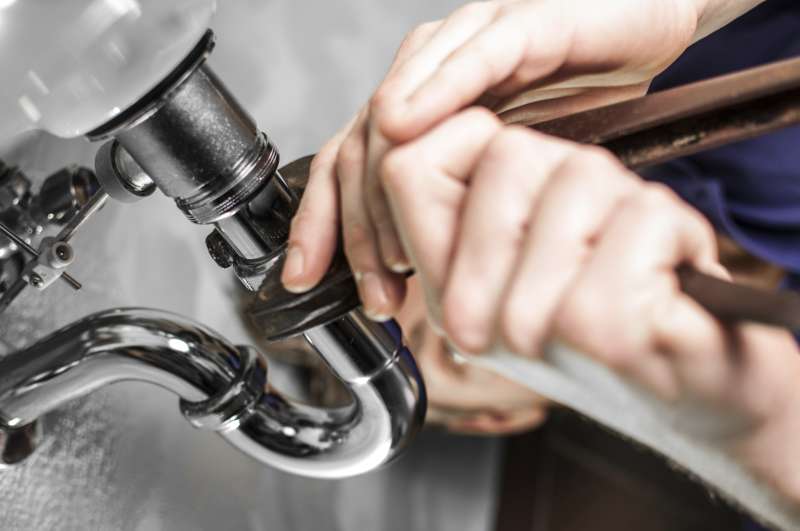
Guaranteeing plumbing systems fulfill regional policies.
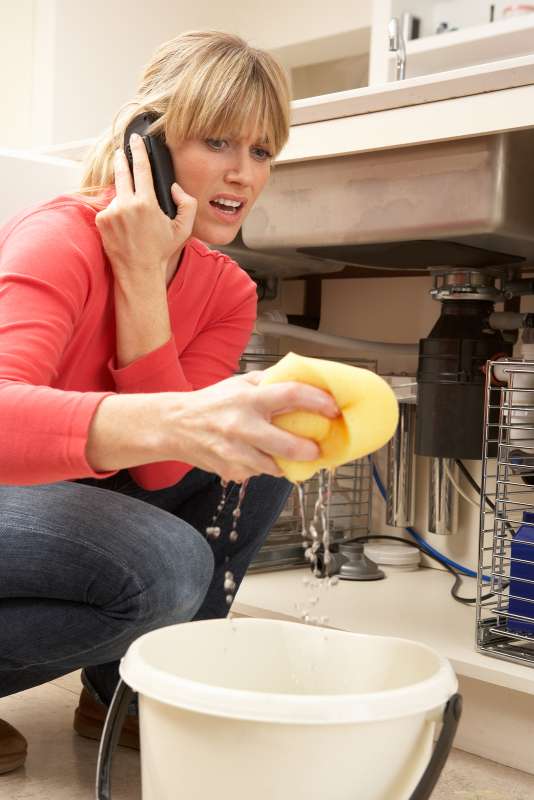
Immediate action to prevent flooding and water damage.

Clearing obstructions in sinks, toilets, showers, and sewage system lines.
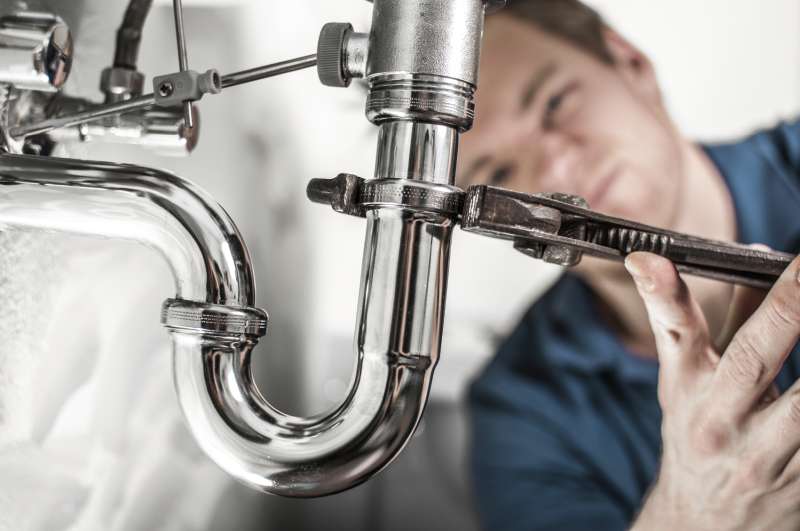
Regular cleansing to prevent obstructions and keep circulation.
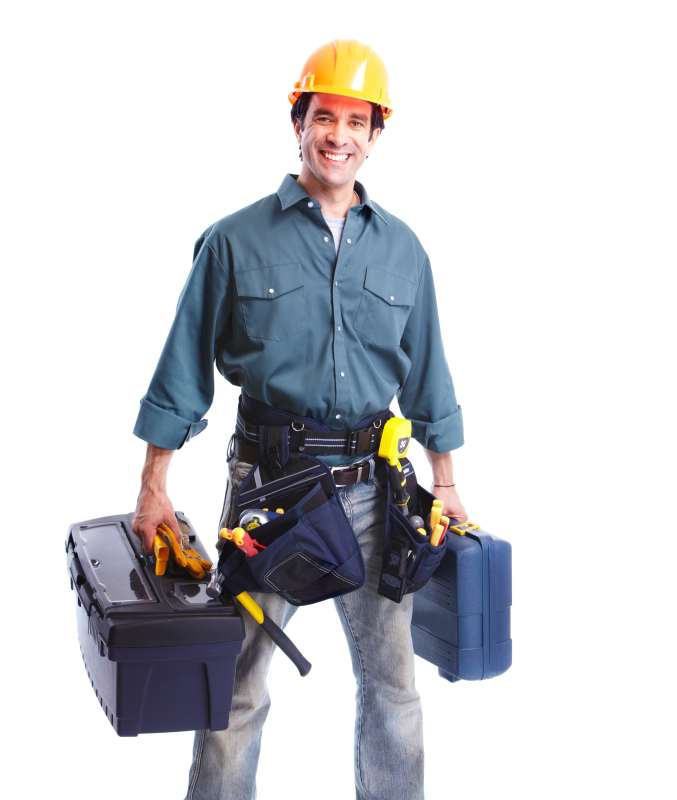
Repairing malfunctioning faucets, toilets, and other fixtures.
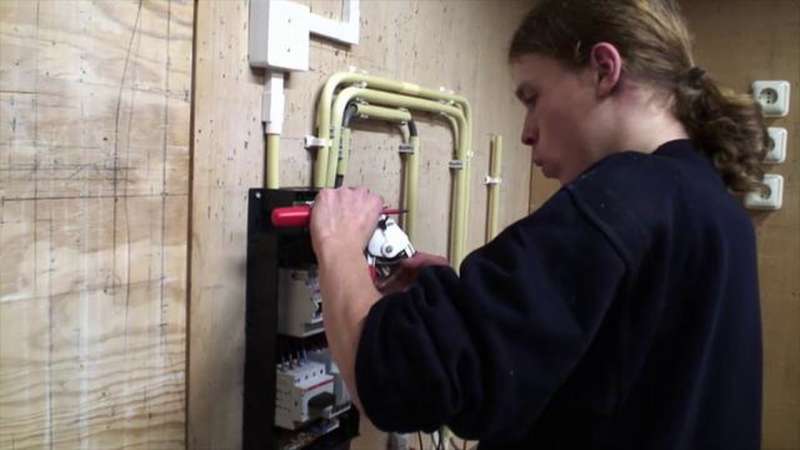
Installation of sinks, faucets, toilets, tubs, and showers.
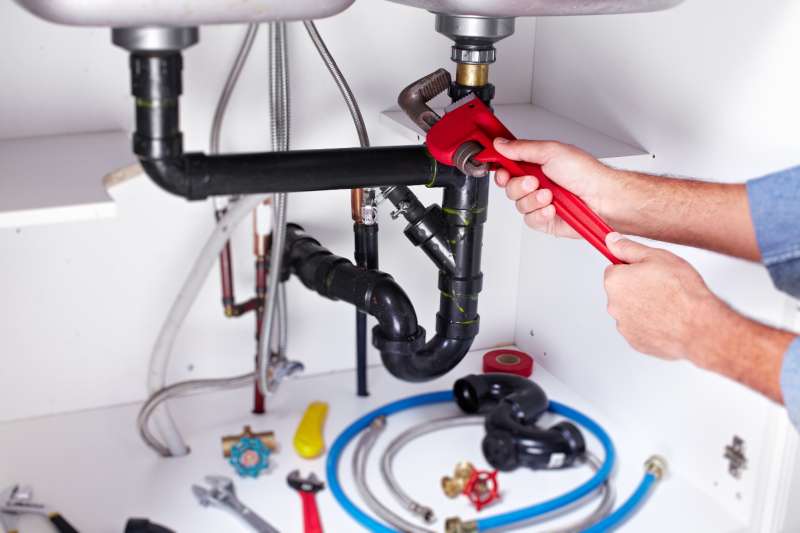
Emergency detection and repair to prevent risks.
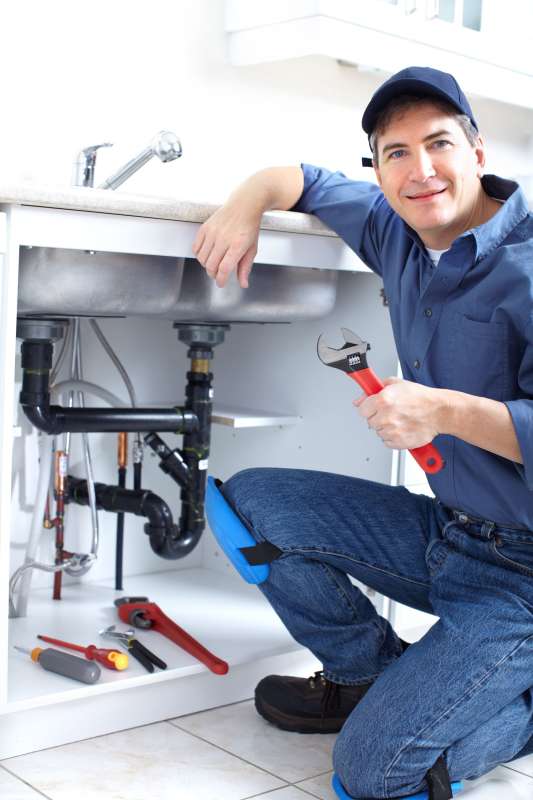
Fixing gas leakages and guaranteeing correct gas line working.
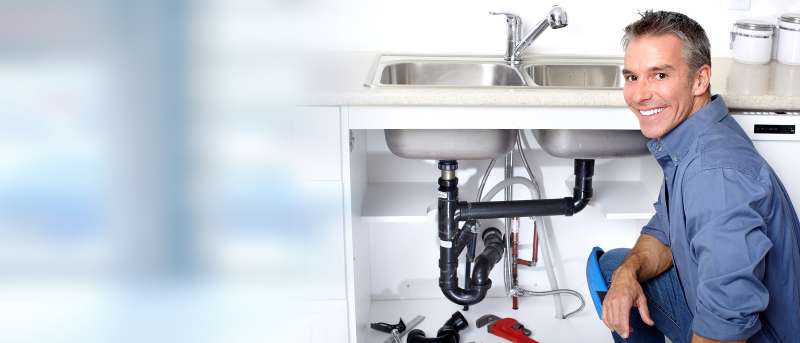
Establishing systems for reusing home wastewater.
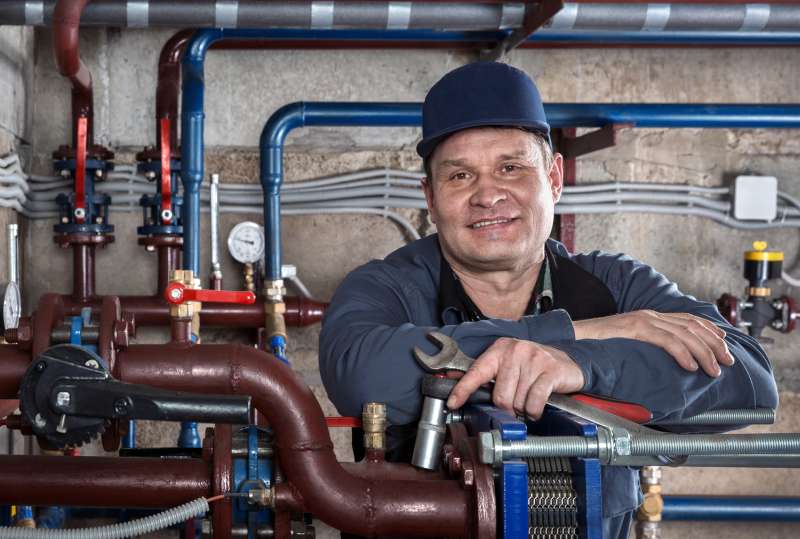
Setting up and preserving radiant flooring heating systems.
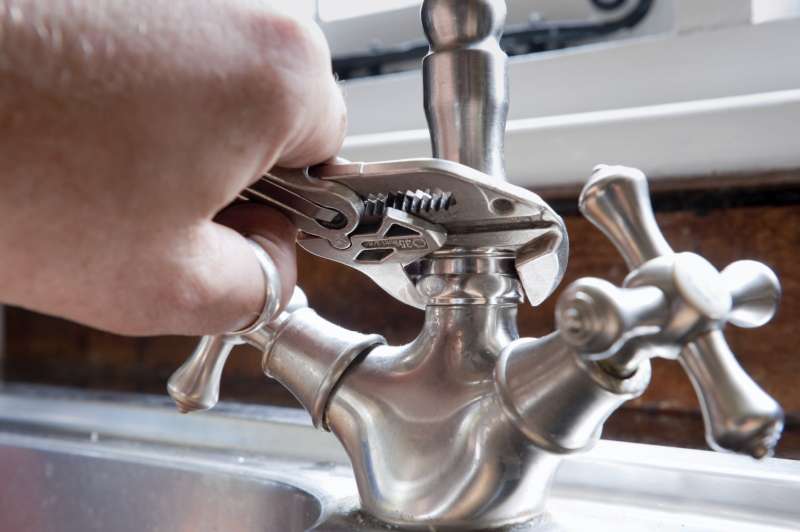
Specialized piping for factories or commercial settings.
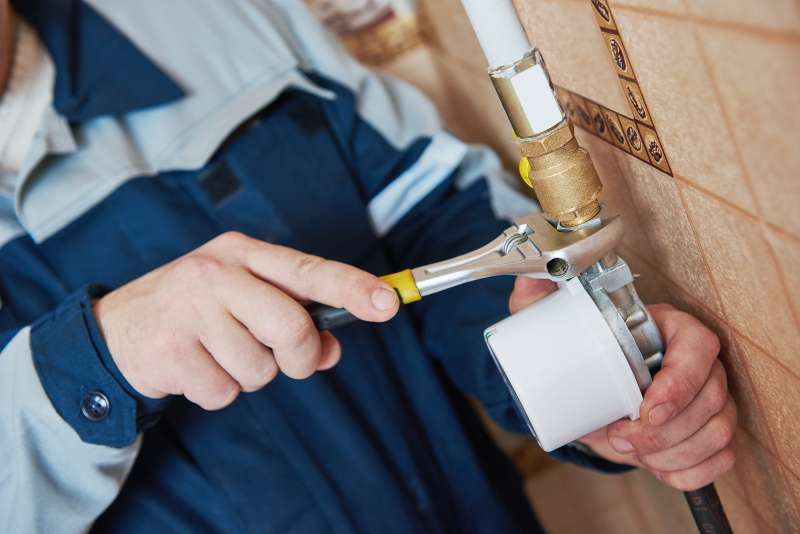
Installing and preserving outdoor watering.
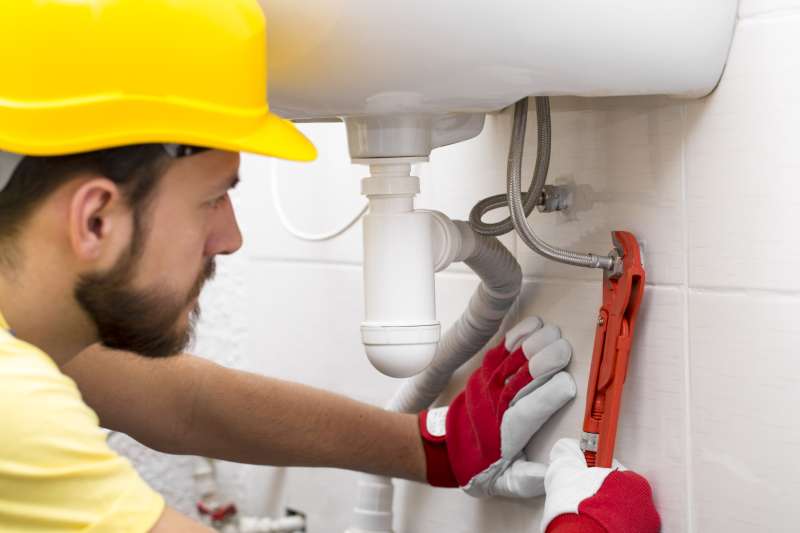
Plumbing systems for brand-new structures or renovations.
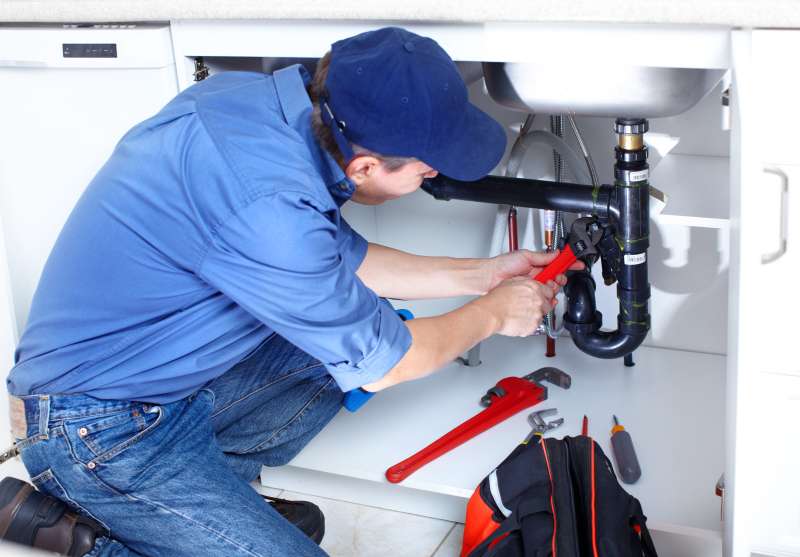
Fixing leaks in pipelines, faucets, toilets, and devices.
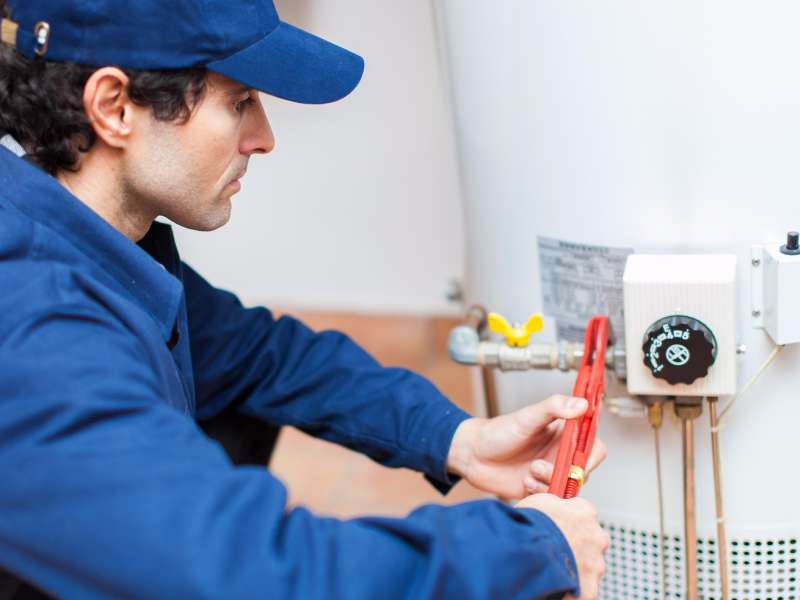
Quick resolution of extreme obstructions and overflows.
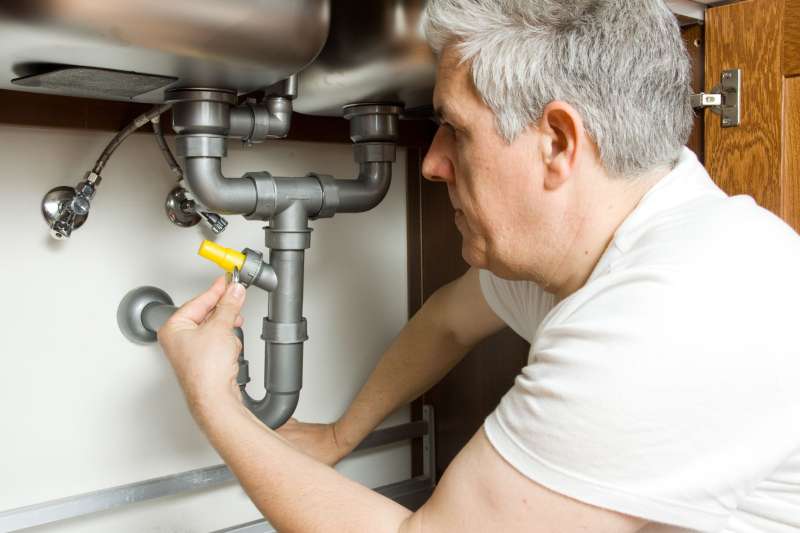
Utilizing cameras to examine pipelines for damage or clogs.
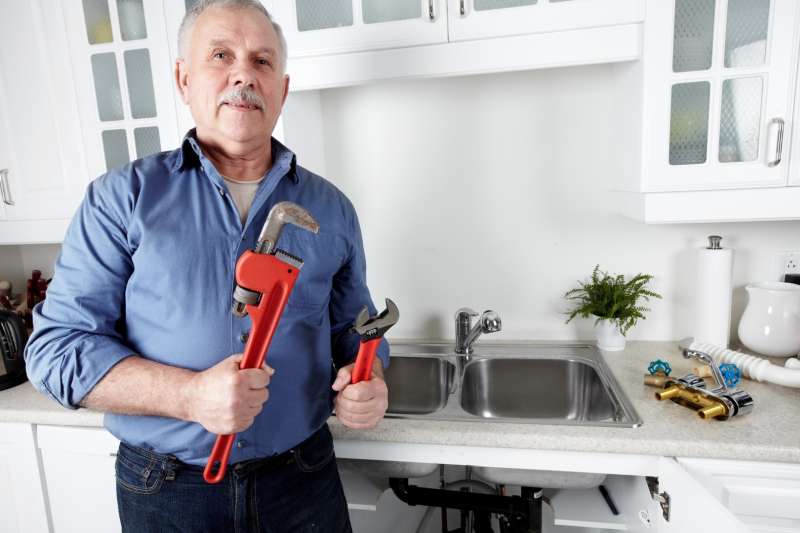
Fixing or changing burst, corroded, or damaged pipelines.
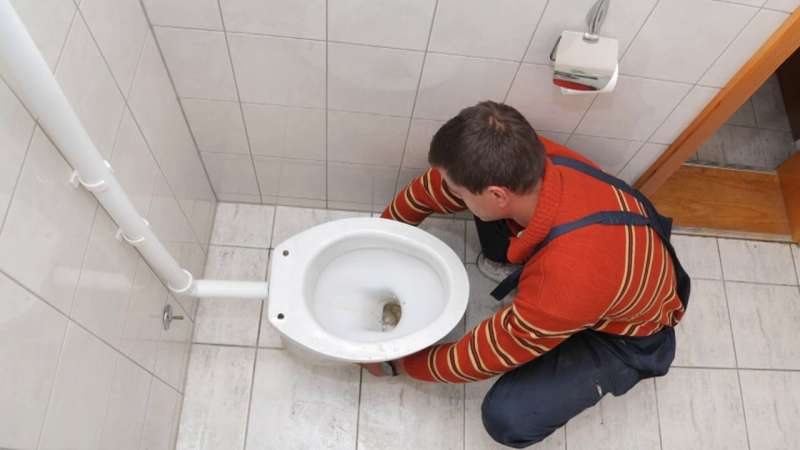
Setting up new piping systems for water, gas, and drain.
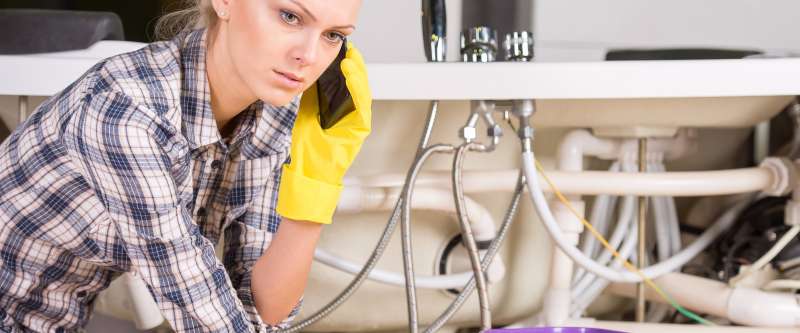
Assessing plumbing systems before buying residential or commercial property.
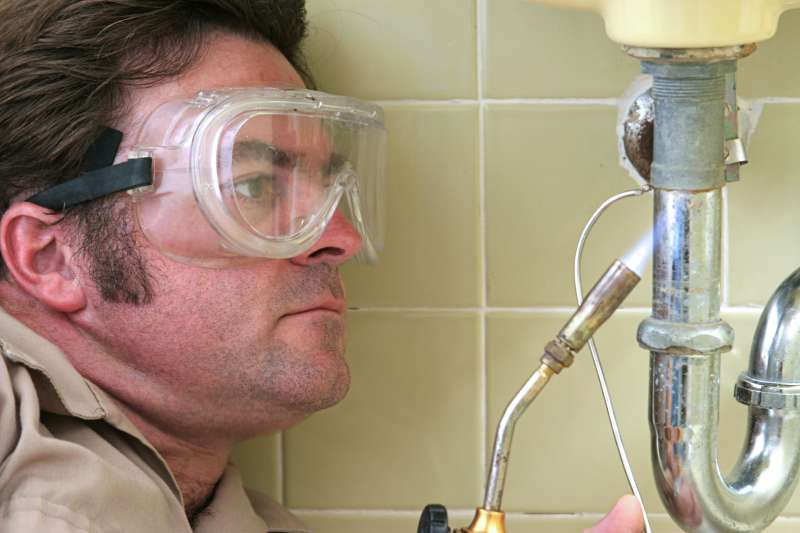
Setting up systems to gather and utilize rainwater.
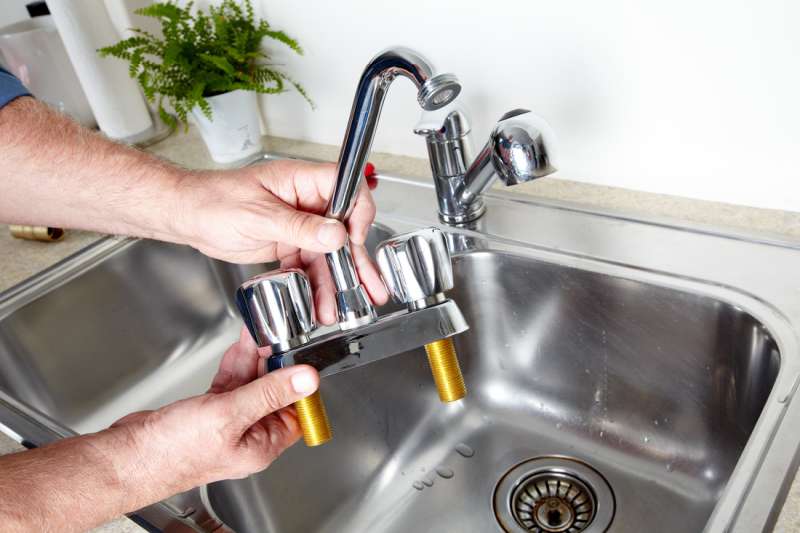
Ongoing maintenance services for services.
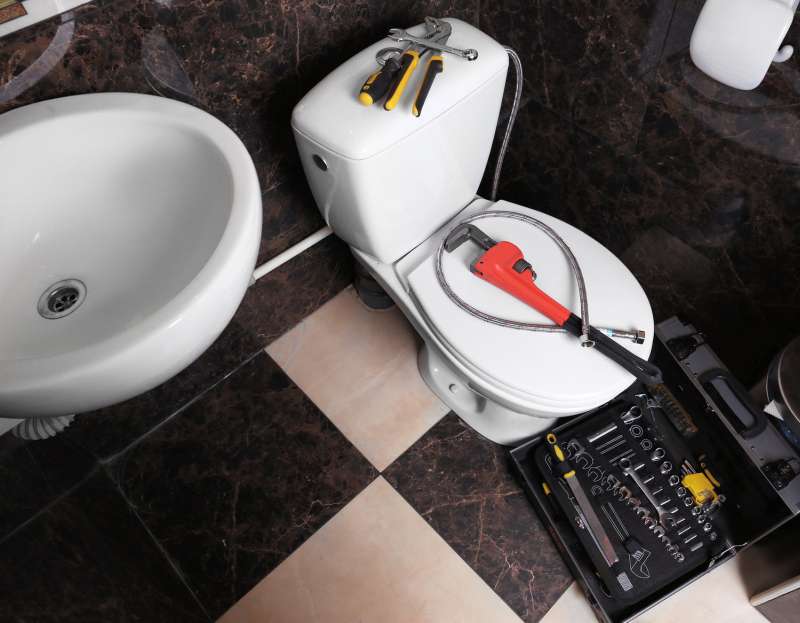
Installing, fixing, and maintaining sewage-disposal tanks.
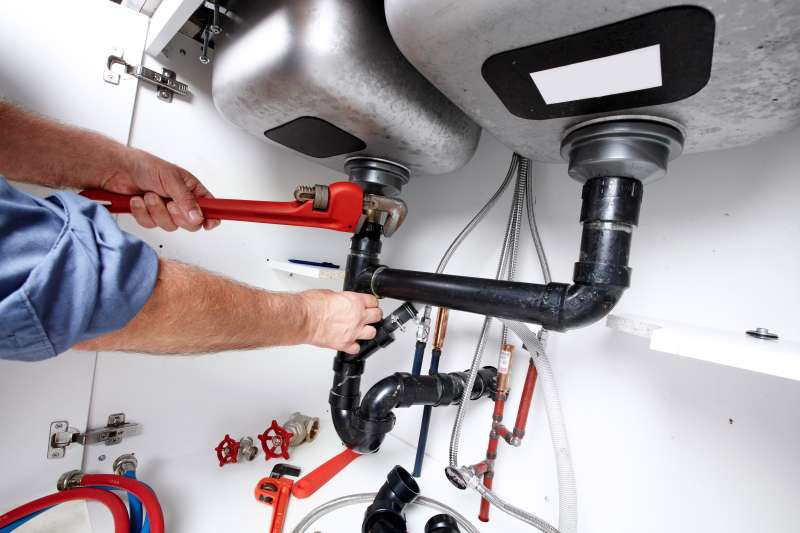
Managing groundwater in basements.
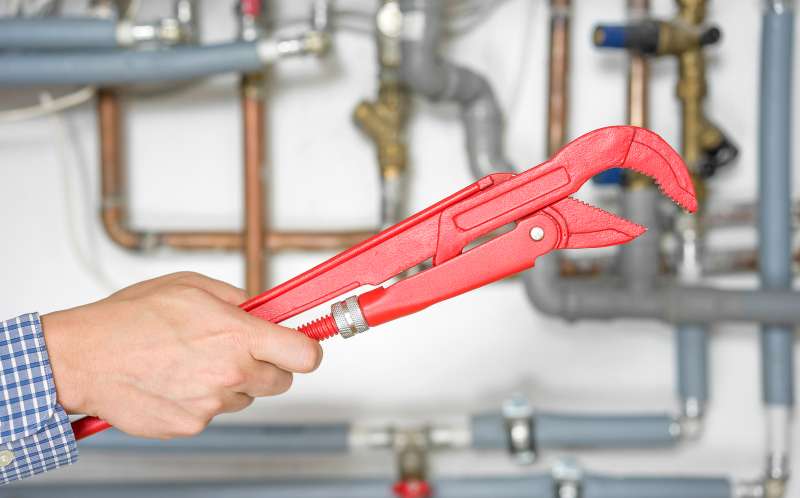
Installing water-efficient or contemporary fixtures.
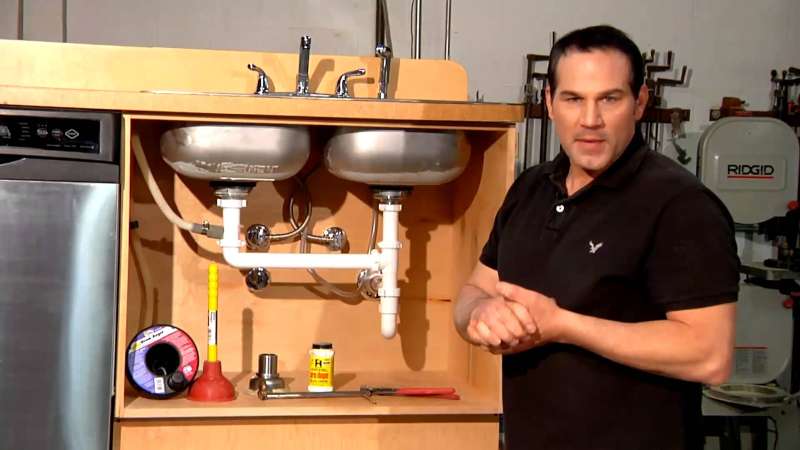
Encouraging on water-saving strategies and items.
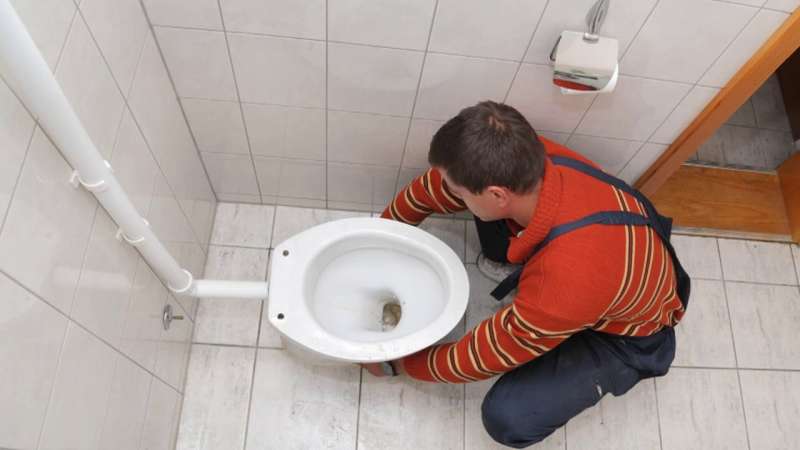
Installing water softeners and filtering systems.
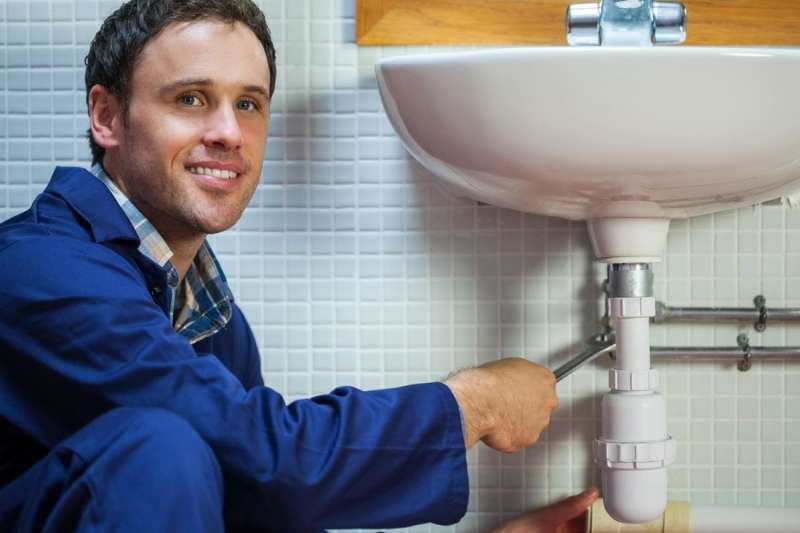
Flushing and inspecting hot water heater to prolong life-span.
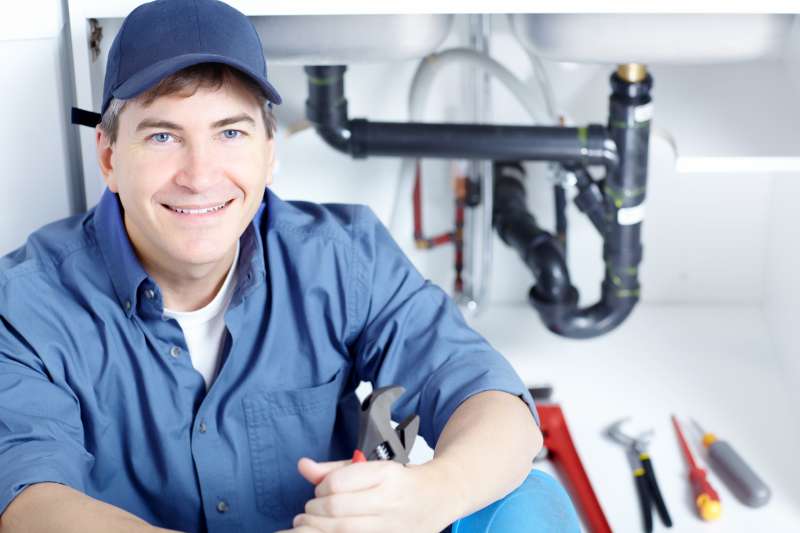
Attending to issues with temperature, leaks, or failure to heat water.
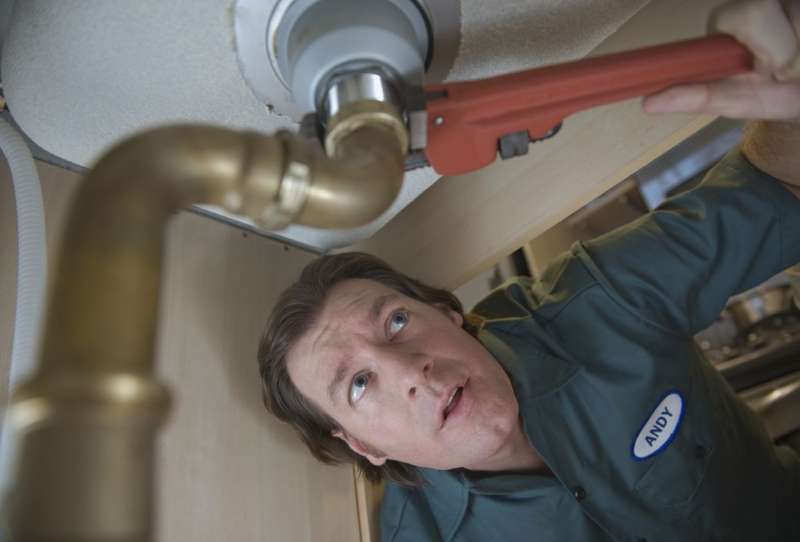
Protecting basements or other locations from water intrusion.
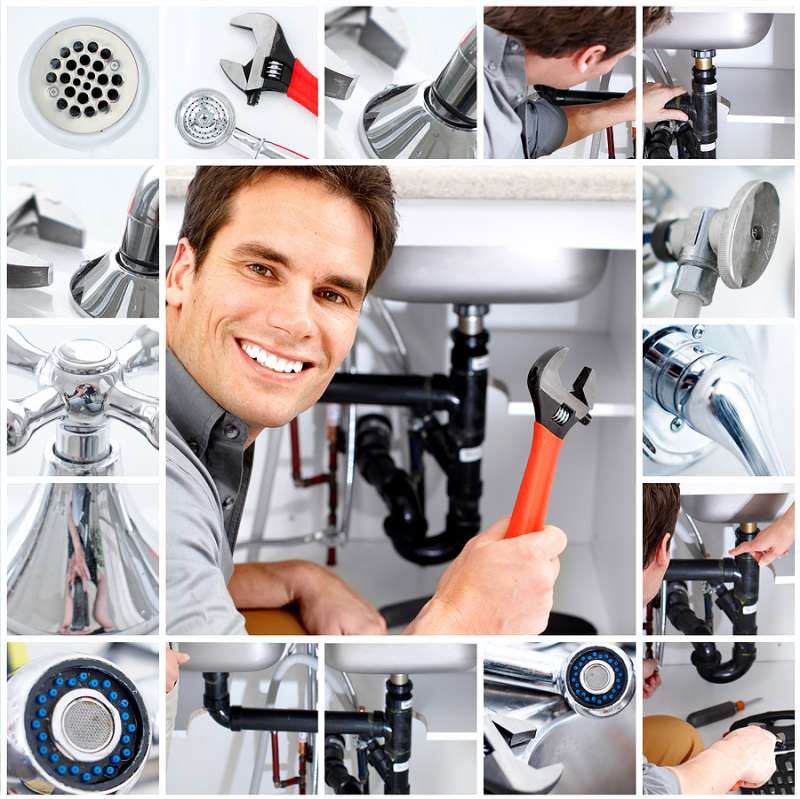
Immediate attention to prevent contamination and health threats.